PREVENTION
Help prevent the spread of RSV by practicing good hygiene1

- Cover your nose and mouth when coughing and sneezing
- Wash hands often with soap and water for at least 20 seconds
- Avoid close contact with others who are sick
- Avoid touching the face, particularly eyes, nose, and mouth
- Clean frequently touched surfaces (such as doorknobs)
- Consult a healthcare professional if you have cold-like symptoms that linger or worsen
Researchers are currently working to develop additional tools to help prevent RSV among specific populations including those who are immunocompromised.1
TREATMENT

Currently, there are no specific antiviral medications or treatments available for RSV disease. The main approach to managing RSV involves supportive care, which may include providing oxygen and respiratory treatments.1
Typically, mild RSV infections resolve on their own within a week or two without the need for treatment. However, it is crucial to consult your doctor immediately if symptoms appear.2
Possible RSV Treatments When Hospitalized2
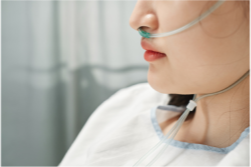
Oxygen
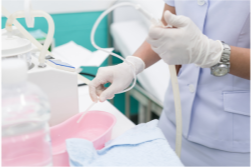
Suction of mucus
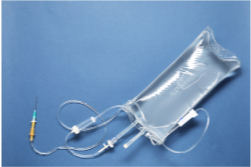
IV fluids
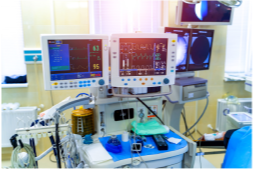
Mechanical Ventilation
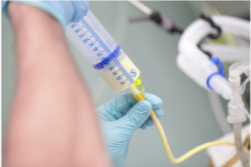
Tube feeding

In severe cases, particularly for infants under 6 months and older adults, hospitalization might be necessary. Hospitals typically provide intravenous (IV) fluids for hydration and use breathing machines or humidified oxygen to ensure the body gets the oxygen it needs. Generally, hospitalization lasts only a few days.2
Image is for representation purposes only
REFERENCES:
- Respiratory Syncytial Virus (RSV) March 30, 2023. Retrieved December 19, 2024, from NFID website: https://www.nfid.org/infectious-disease/rsv/
- American Lung Association. (2024). RSV Prevention and Treatment. Retrieved December 19, 2024, from Lung.org website: https://www.lung.org/lung-health-diseases/lung-disease-lookup/rsv/treatment